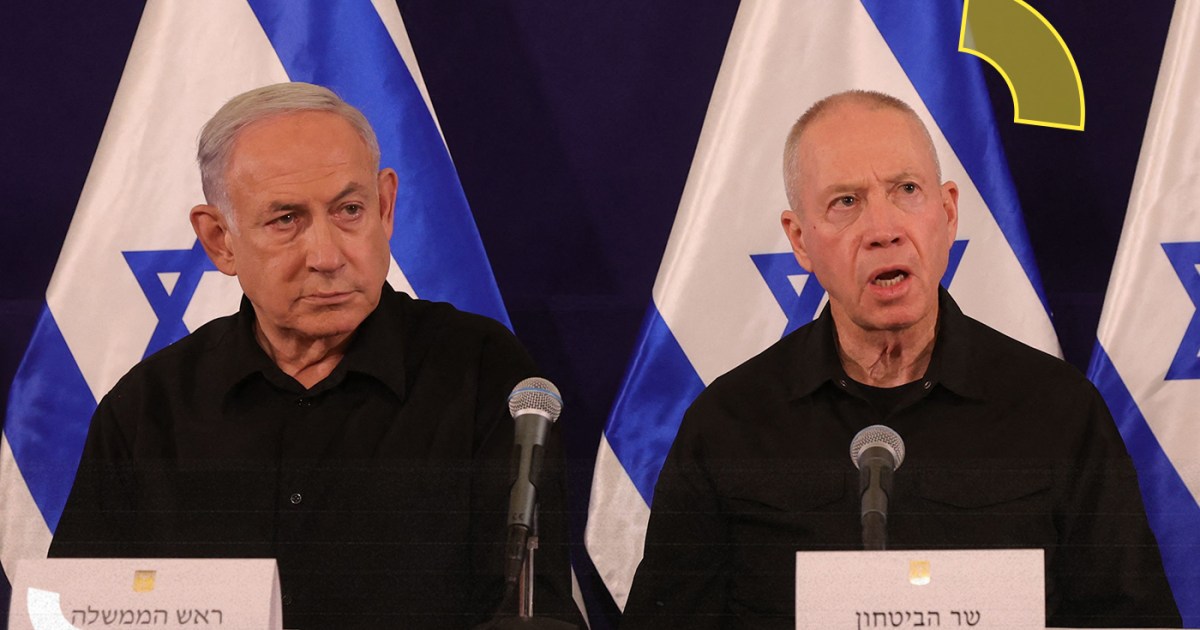play videoplay video
Video duration 05 minutes 14 seconds 05:14
Israeli analysts' opinions varied - in their daily discussions - regarding the possibility of the Council of Ministers approving a new prisoner exchange deal with the Palestinian resistance, and the extent to which its position affects the fate of Benjamin Netanyahu's government.
Israeli media relied on reports that Israel had agreed to the mediators’ proposal for a deal that would include, in its first phase, the release of women, the elderly, and the sick, in exchange for the release of thousands of Palestinians, stressing that everyone was waiting for the response of the Islamic Resistance Movement (Hamas).
The head of Hamas's political bureau, Ismail Haniyeh, said that the movement had received the Paris meeting's proposal for a ceasefire in the Gaza Strip, and would study it to respond to it, stressing that "the movement's priority is to end the Israeli military attack and the complete withdrawal of the occupation forces from Gaza."
Suleiman Maswad, a correspondent for the Israeli channel "Kan 11", said that the prisons in Israel will be almost emptied of Palestinian prisoners, but he revealed that senior officials have confirmed that the numbers regarding those released may change.
A demonstration heading to Jerusalem to demand the release of Israeli prisoners (Al Jazeera)
For his part, Avi Kalo (Head of the Prisoners and Missing Persons Department in Military Intelligence) spoke to Channel 12 about the complications that still exist regarding the deal.
Regarding the possibility of the Israeli government approving the deal, Channel 13 political analyst Raviv Drukor believed that “the prime minister offers, at the political level, a very long rope to the negotiators, and with his approval he will risk his political future,” especially in light of the opposing positions of the Ministers of Finance, Bezalel Smotrich, and Security Minister Itamar Ben Gvir.
The political analyst suggested that Smotrich and Ben Gvir would withdraw from the government coalition, but without causing early elections.
He adds that Netanyahu is betting on the other party's rejection of the deal (Hamas), and then he will go to the families of the prisoners and detainees and tell them that he did what he could, and that he must continue the war on Gaza to defeat his enemy, as the Israeli analyst explained.
Another political analyst working for Channel 14 (Yaakov Bardugo) rules out that the majority of the members of the War Council will pass the deal because, according to him, it is not acceptable to the majority.
As for Or Heller, a military affairs correspondent on Channel 13, it is likely that the Israeli army will accept the deal, and he said that the latter does not have the ability to reject it after the miserable failure on the seventh of last October.
Source: Al Jazeera

